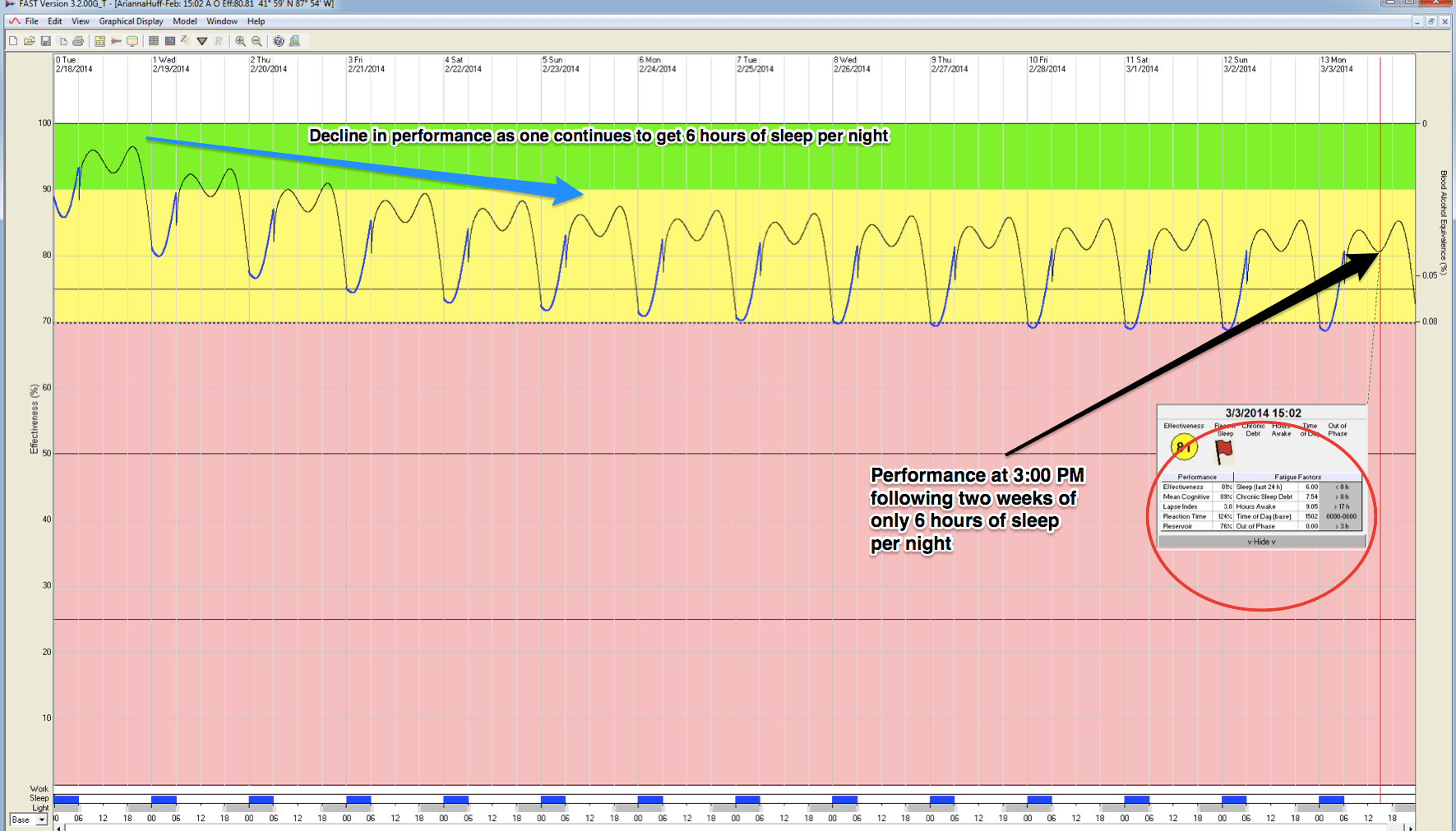Global BC news visited with Fatigue Science CEO, Sean Kerklaan, to learn more about the effects of daylight savings and why everyone should take advantage of the extra hour of sleep during the Fall time change.
There’s well-established evidence to suggest that when we set our clocks forward in the spring, that lost hour of sleep increases the number of car accidents even heart attacks the next day. But, the fall time change makes things more dangerous for pedestrians who are now leaving work in the dark. An American study found pedestrians were three times more likely to be fatally struck than prior to the fall time change. Daylight Saving Time can actually have an effect on our sleep patterns for up to a week. So when the clocks roll back tonight, don’t stay up late even if tempted – instead do the opposite take advantage of the extra sleep and do your body a favour.



